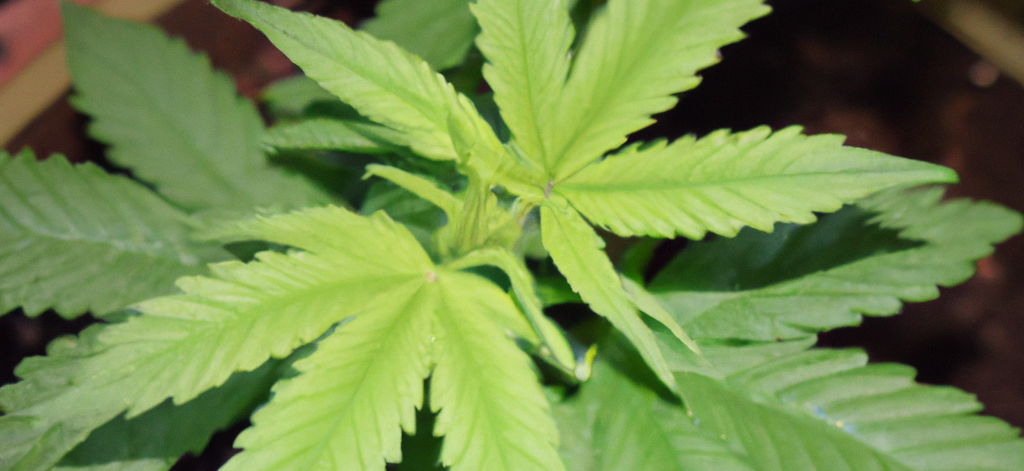
Recreational Cannabis
As countries around the world grapple with the legalisation of recreational cannabis, Australia finds itself at a crossroads. While medical cannabis has been legal since 2016, the recreational use of the substance remains prohibited at the federal level, with penalties ranging from fines to imprisonment. However, the conversation surrounding legalisation is gaining momentum, fueled by changing attitudes, economic potential, and lessons from pioneering nations.
The Current Legal Landscape
Cannabis has had a complex history in Australia, with the substance effectively prohibited in the 1920s due to international pressure. Over the following decades, laws gradually became more relaxed, with some states and territories decriminalising small amounts for personal use, treating it as a civil offence rather than a criminal one.
Today, the possession and cultivation of cannabis for recreational purposes remain illegal under federal law. However, there are notable exceptions, such as the Australian Capital Territory, which legalised personal possession and cultivation in 2020, although sales remain prohibited.
Economic and Social Benefits
Proponents of legalisation argue that a regulated cannabis industry could bring substantial economic benefits to Australia. This includes the potential for significant tax revenue generation, job creation across various sectors, and opportunities for export and economic growth.
Additionally, legalisation could lead to social benefits such as reduced strain on law enforcement and the criminal justice system, as well as the opportunity to regulate product quality and safety. This could potentially decrease organised crime and black market activity associated with the illegal cannabis trade.
Furthermore, increased access and quality control for medical cannabis patients, as well as the opportunity for further research into the plant’s medical applications, are often cited as potential advantages.
Concerns and Challenges
While the potential benefits are enticing, there are also significant concerns and challenges that must be addressed. One of the primary concerns is the potential impact on public health and safety, including the risks of increased usage, addiction, and impaired driving. Comprehensive education and awareness campaigns would be crucial to mitigate these risks, particularly for youth and vulnerable populations.
Establishing appropriate regulatory frameworks would also be a significant challenge. This includes setting age limits, developing licensing and taxation structures for growers, processors, and retailers, and ensuring product quality and safety standards. Lessons from countries like Canada and Uruguay, which have already legalised recreational cannabis, can provide valuable insights into effective regulatory approaches.
Societal and cultural concerns also exist, such as potential stigma and opposition from conservative or religious groups, concerns about normalisation and potential impact on family values, and potential workplace safety and productivity issues.
Learning from Global Experiences
As the legalisation of recreational cannabis continues to gain traction globally, Australia can draw valuable lessons from the experiences of other countries. Canada, Uruguay, and several U.S. states have already legalised recreational cannabis, providing insights into regulatory frameworks, tax structures, public health initiatives, and the economic and social impacts of legalisation.
For example, Canada’s legalisation in 2018 has generated significant tax revenue and created thousands of jobs, while also allowing for better regulation of product quality and safety. However, the country has also faced challenges such as persistent black market activity and concerns over youth usage and impaired driving.
Similarly, Uruguay’s pioneering legalisation in 2013 has provided valuable lessons on the importance of comprehensive regulation, public education, and addressing societal concerns. The country has faced challenges in controlling the illicit market and ensuring a stable supply chain.
By learning from the successes and pitfalls of other nations, Australia can develop a well-informed and tailored approach to legalisation, should it choose to pursue that path.
The Way Forward
As the public discourse on recreational cannabis continues to evolve, Australia finds itself at a pivotal juncture. Recent developments, such as the legalisation in the Australian Capital Territory and proposals from political parties and advocacy groups, suggest that the momentum for change is building.
Public opinion is also shifting, with recent polls indicating growing support for legalisation, particularly among younger generations. However, the positions of major political parties and stakeholders remain varied, with potential roadblocks and opposition from conservative factions.
If Australia were to pursue legalisation, a gradual approach may be advisable, starting with decriminalisation and expanding access to medical cannabis. This could be followed by the development of a comprehensive regulatory framework based on lessons learned from other countries, as well as investments in public education, harm reduction, and support services.
Additionally, ongoing research and open dialogue with stakeholders, including medical professionals, law enforcement, and community groups, will be crucial in addressing concerns and shaping a responsible and effective legalisation strategy.
Ultimately, the path forward for recreational cannabis in Australia will depend on continued public discourse, political will, and a careful analysis of the potential benefits, challenges, and global experiences. As more countries embrace legalisation, Australia has an opportunity to learn from their experiences and chart its own course towards a well-regulated and socially responsible cannabis industry.
